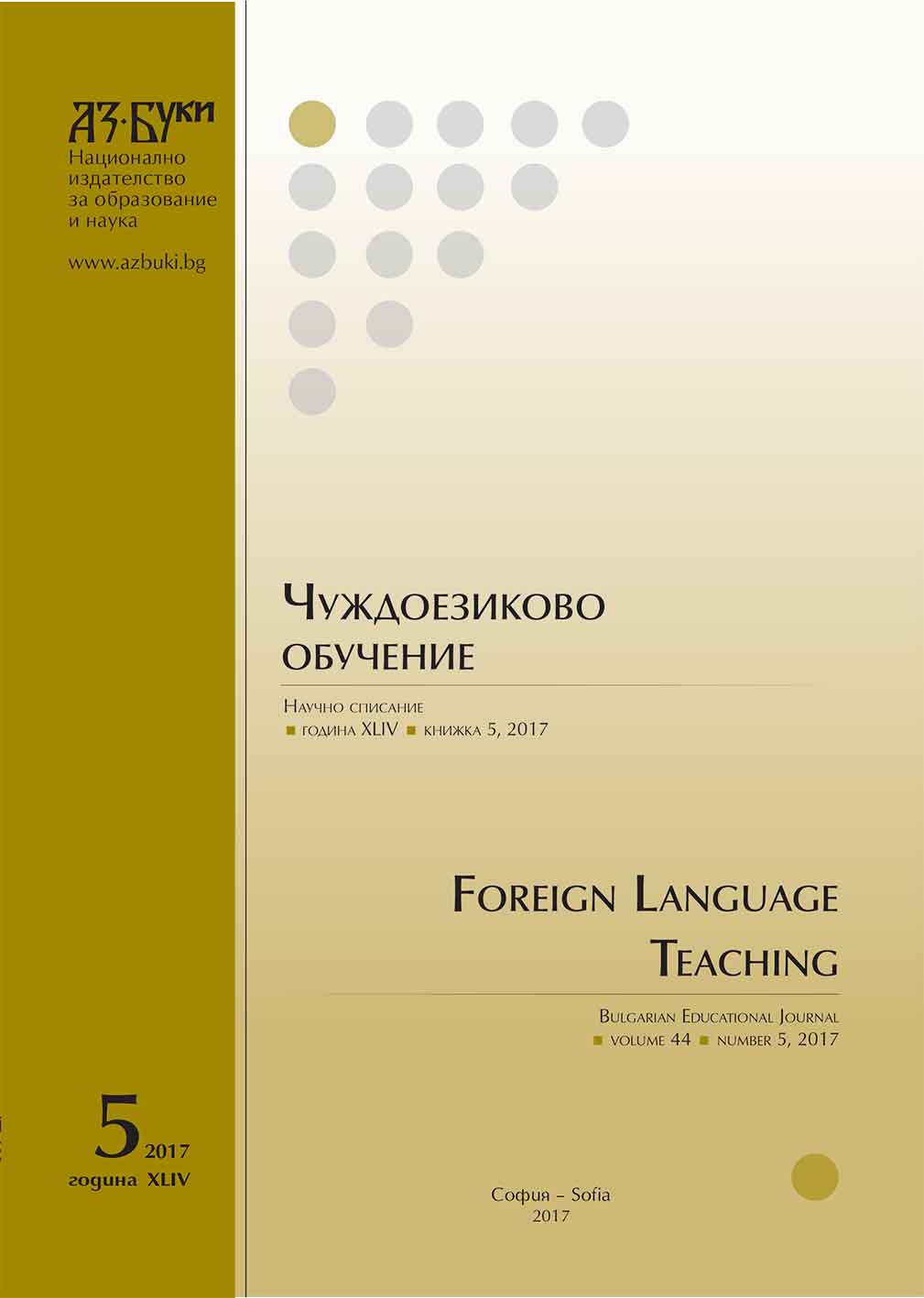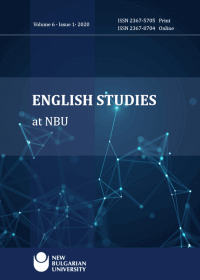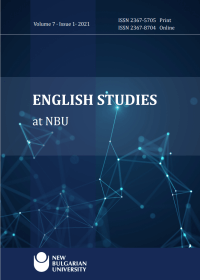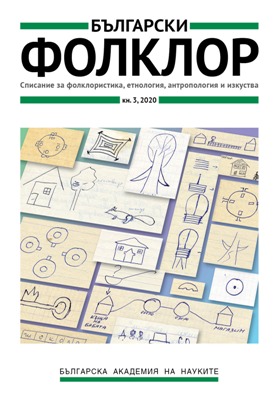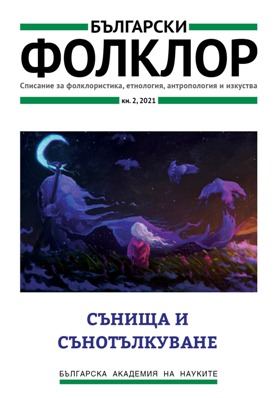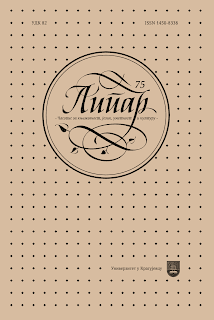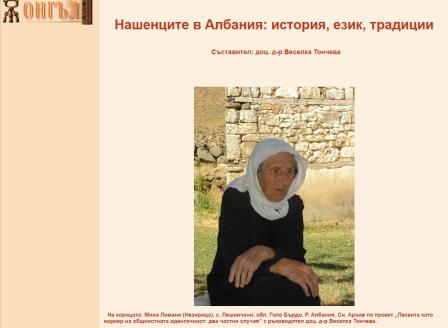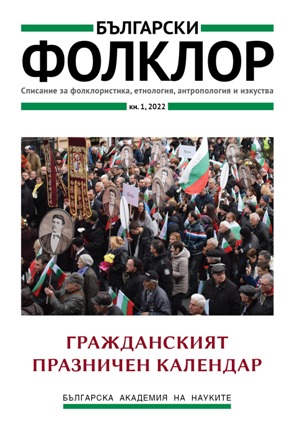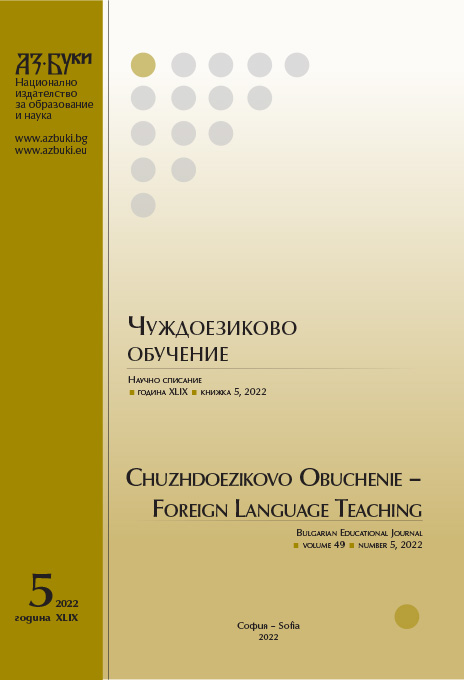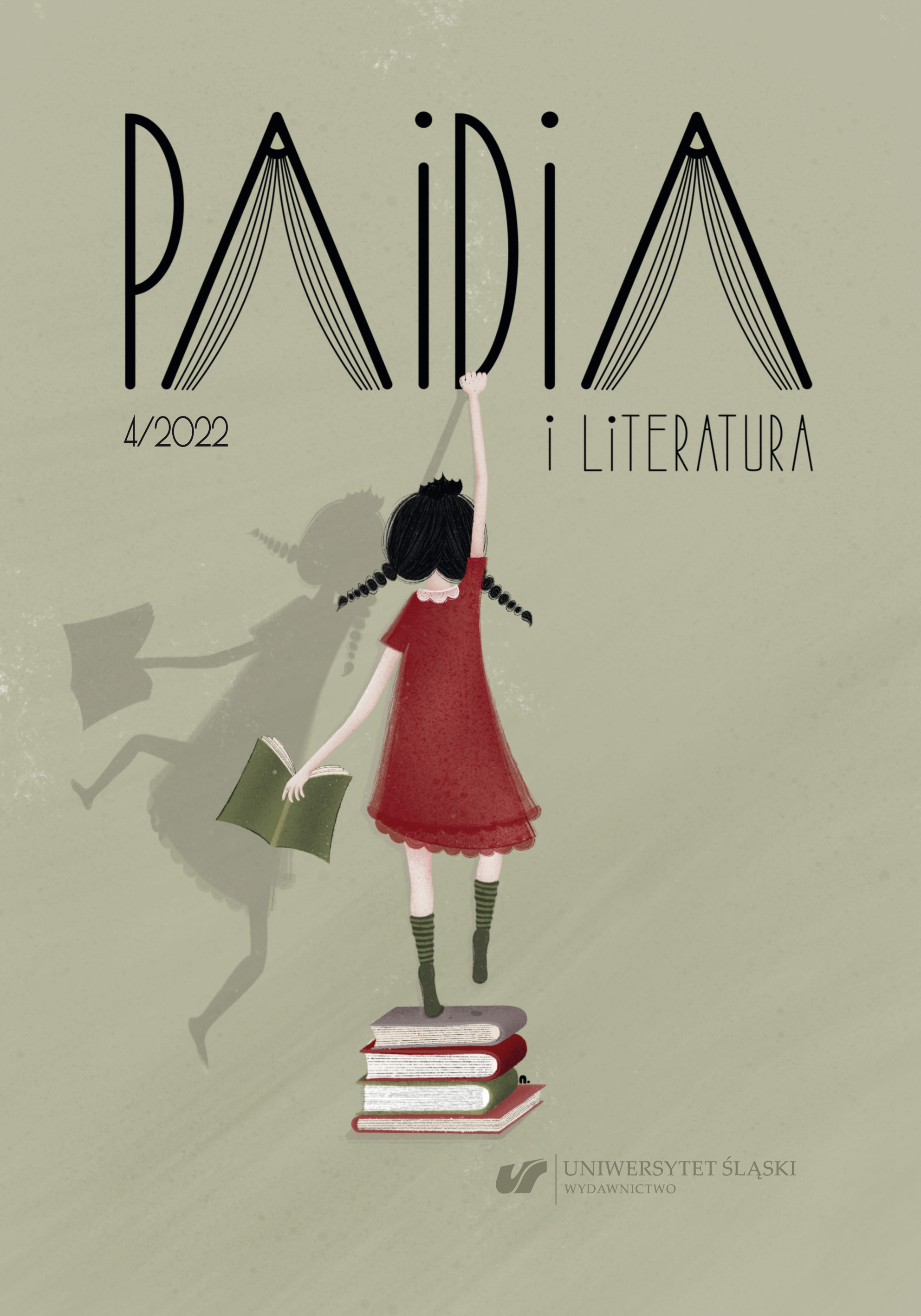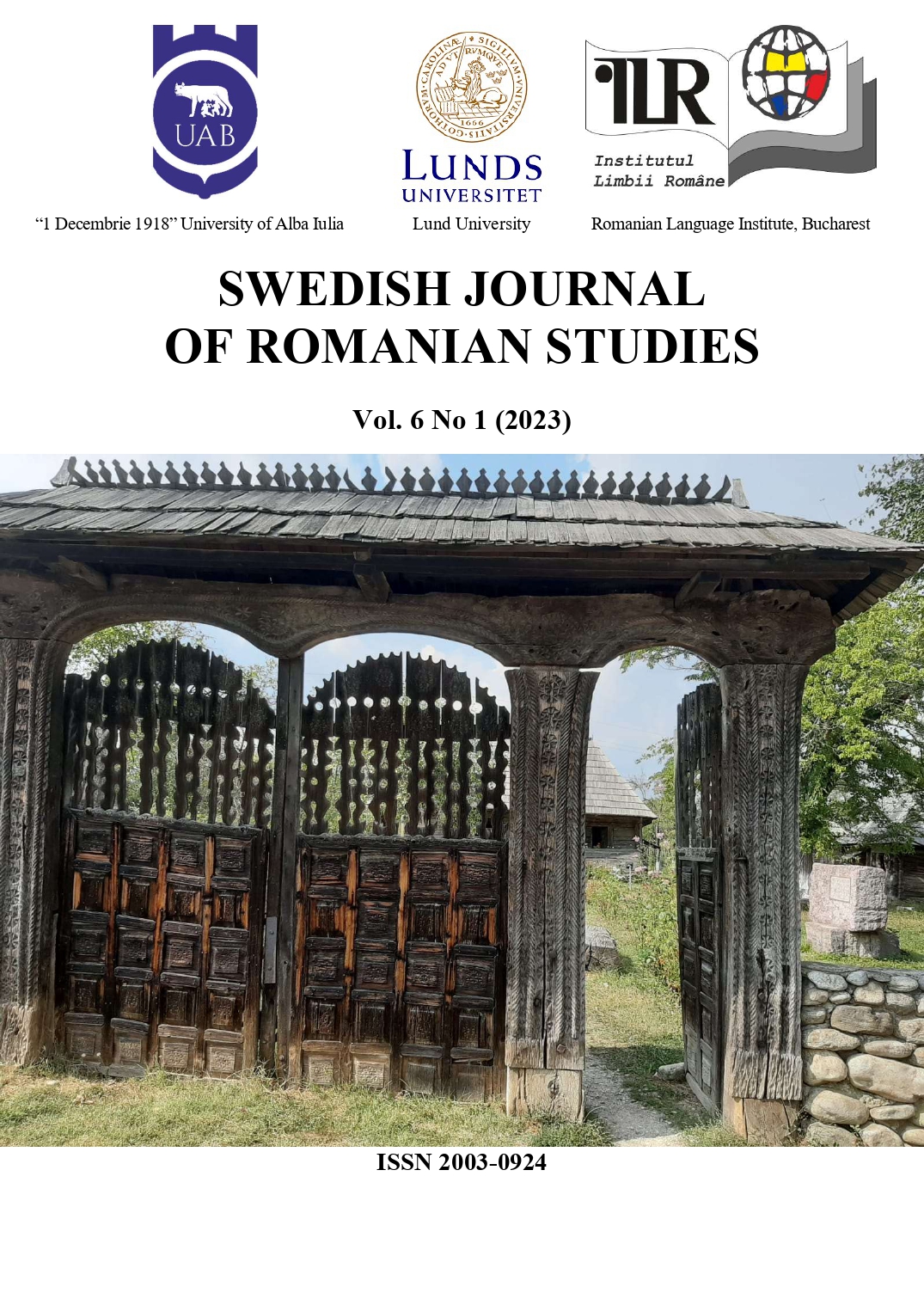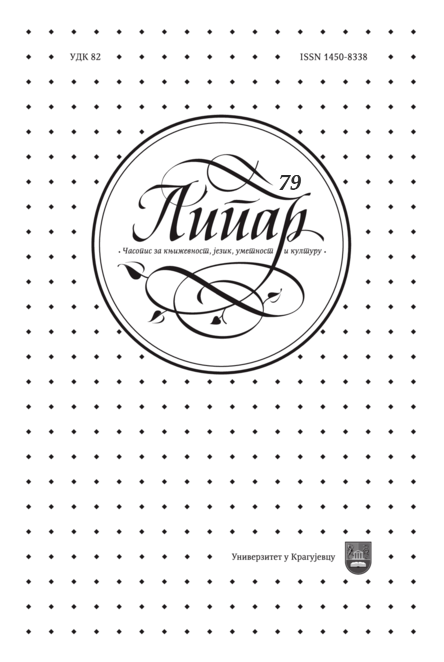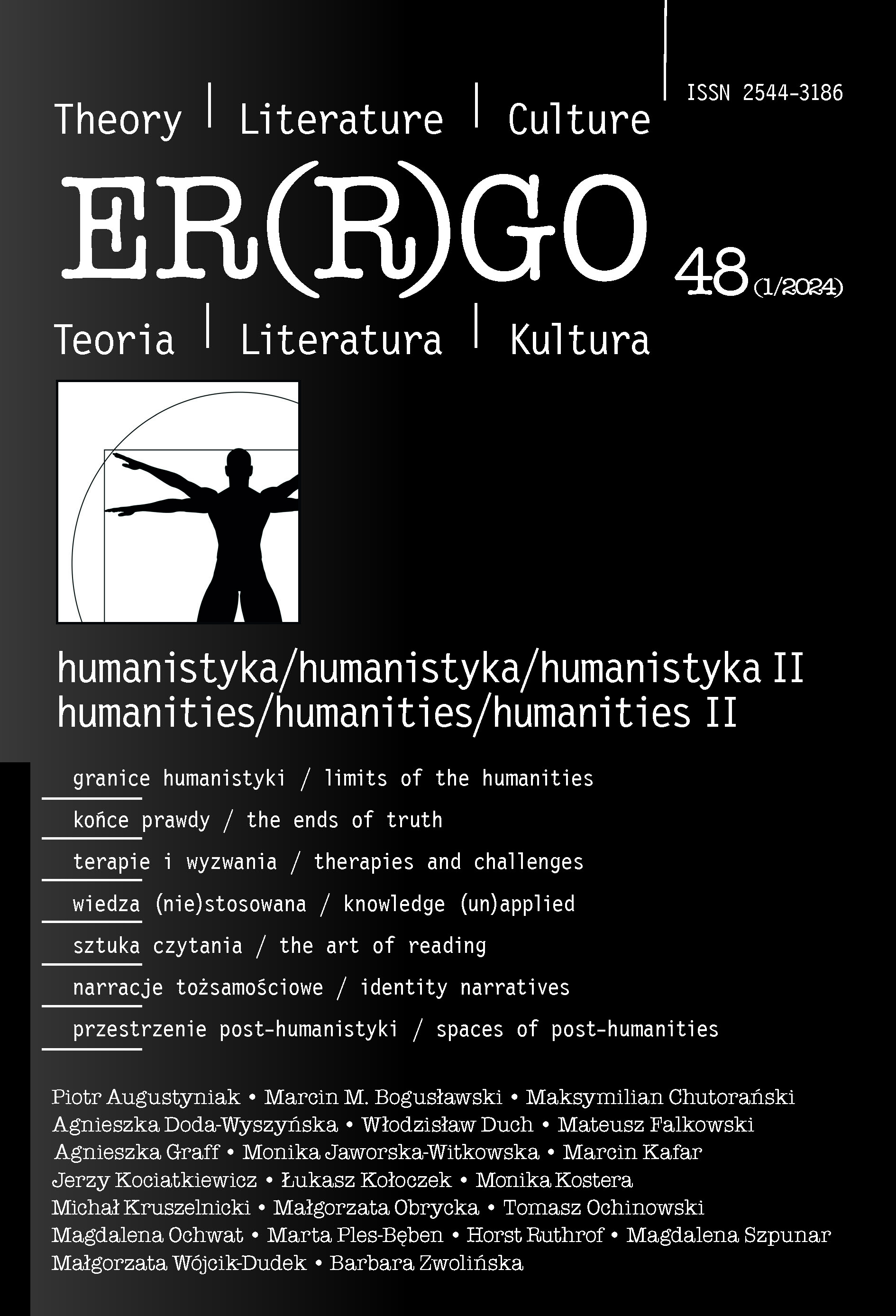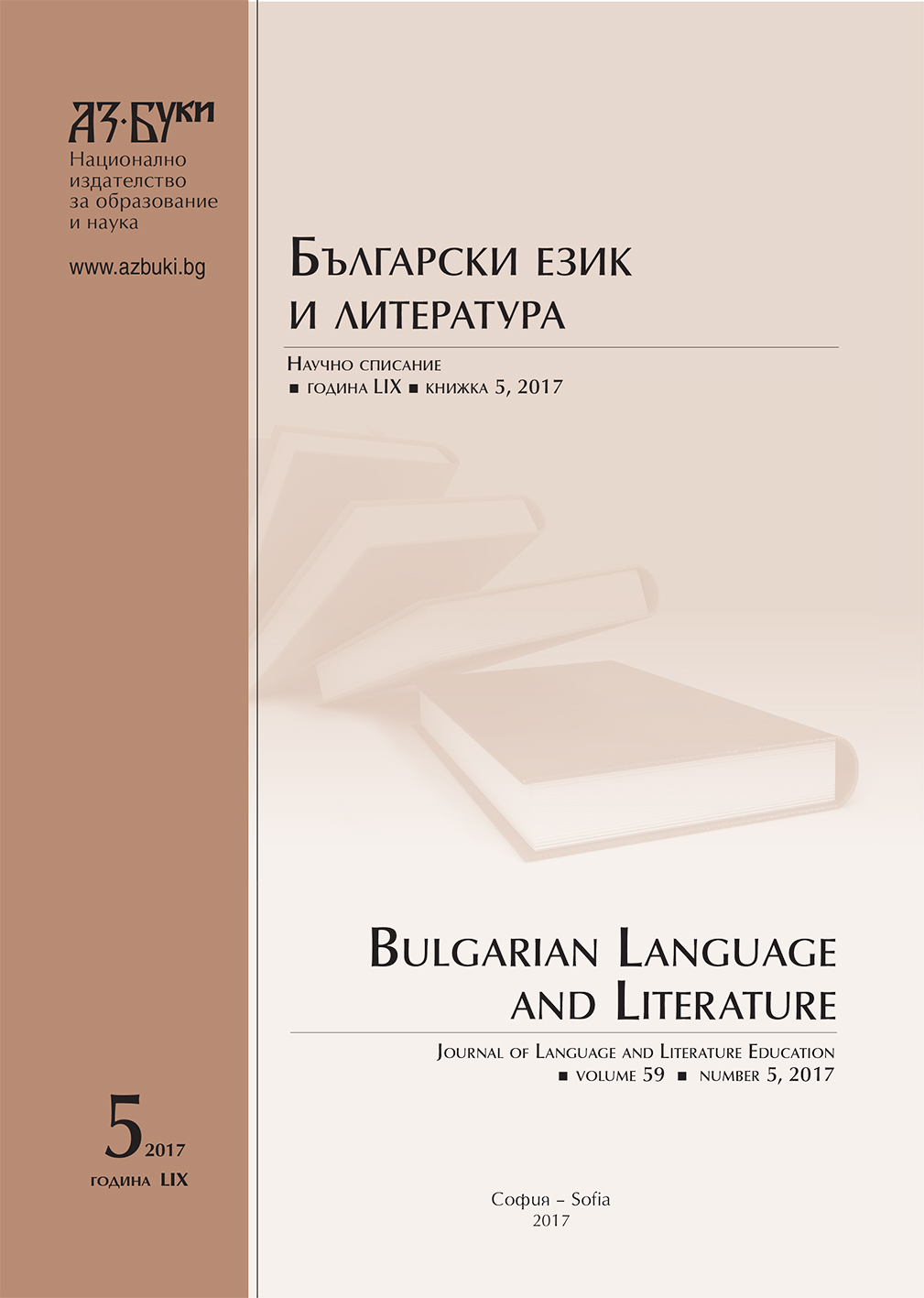
Между Библията и старобългарската литература с подкрепата на информационните технологии
This article presents a possible model for teaching 9th grade Literature material related to the Bible and the Old Bulgarian literature by applying the knowledge that the students have acquired during the Information Technology classes. The demonstration of the student presentations about famous Bulgarian monasteries favors the formation of teamwork skills, the creative usage of the Internet resources and the improvement of the knowledge connected with the subjects studied in 9th grade.
More...
